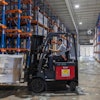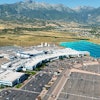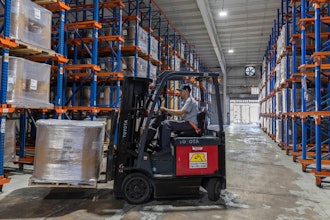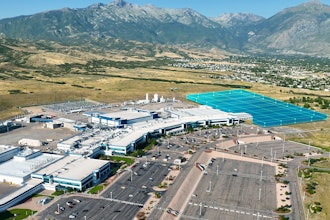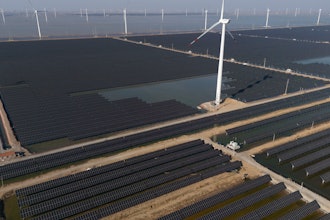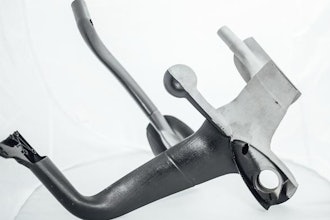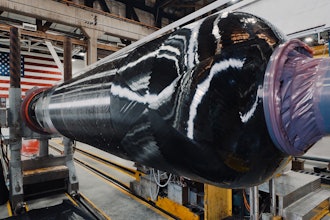While the state of Wisconsin – and the nation, quite frankly – are still reeling from the announcement that electronics assembly company Foxconn will set up shop in the dairy state, the skeptics are making their voices heard as well.
The announcement came Wednesday, when President Trump revealed a $10 billion investment intent from the Taiwan-based company for a facility that will produce LCD displays for computers and TVs. The facility will allegedly create 3,000 jobs at the outset, with an eventual outcome of 10,000 jobs or more.
So what’s not to like? Well, some experts are expressing concern over the issue of skills and training. In a blog for Wired, Issie Lapowsky suggests that these new jobs won’t be the kind that many laid off production workers are looking for but, instead, “part of a new generation of advanced manufacturing jobs, requiring high levels of engineering skills—skills that are still sorely lacking in the American workforce.”
Other experts say these new jobs are more suitable for physicists, and those with mechanical or electrical engineering degrees who would be supervising highly automated production lines. It’s also been suggested that its robots that would be needed to accomplish the kind of clean assembly work needed for LCD panel manufacturing – where even a spec of dust could destroy the product. Not to mention Foxconn has been investing immensely in robotic production in its Chinese factories as well, where its actually cut tens of thousands of low-skill assembly positions over the past few years.
So what could be concerning is that Wisconsin has already admitted to a tech skills shortage that mirrors the national one. According to the Milwaukee Journal Sentinel, “Southeastern Wisconsin already labors under such an acute shortage of digital-age workers that incumbent manufacturers often cannot find qualified candidates.”
That said, the Journal Sentinel goes on to say that an all-hands-on-deck approach from surrounding educational institutions could provide some support and that, either way, the influx of jobs – while they could siphon workers from existing tech jobs in the area – could drive up wages regionally.
Whatever the challenges, I think we can all say we are cautiously optimistic that things will, in fact, work out for the best. A commitment of this size from a global company is surely a massive boon to this region, and a reason to be excited.


